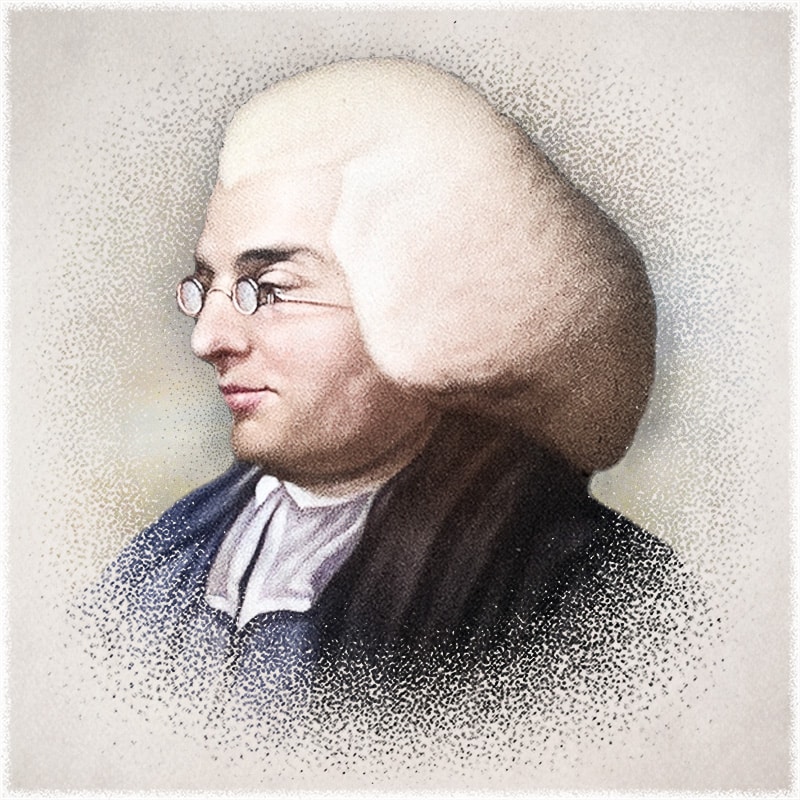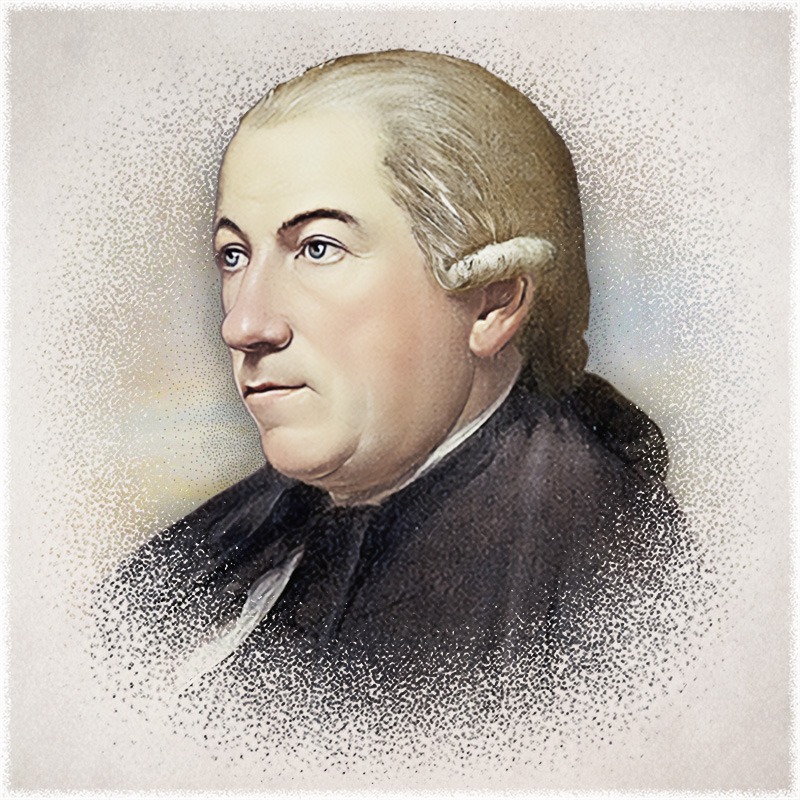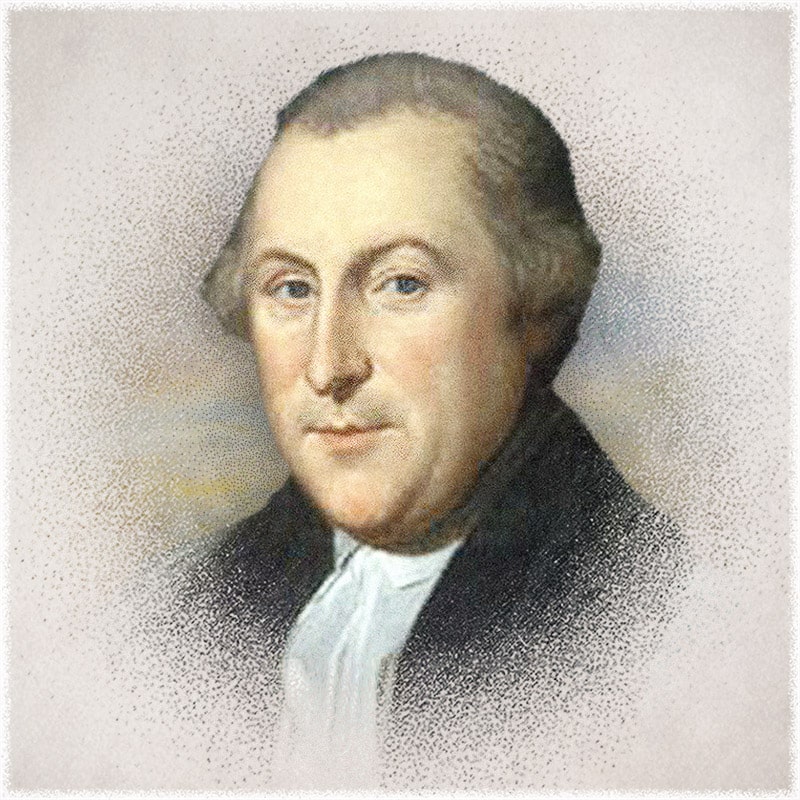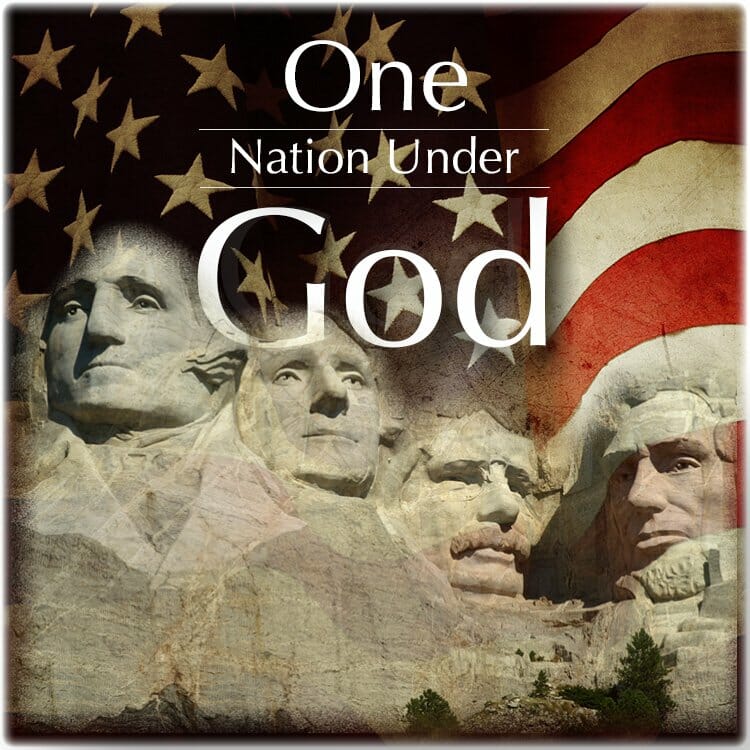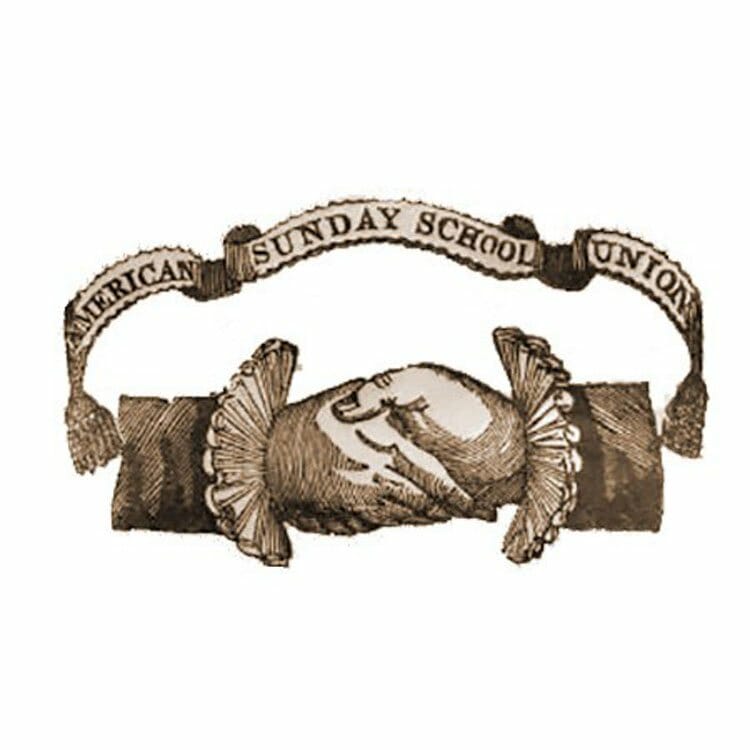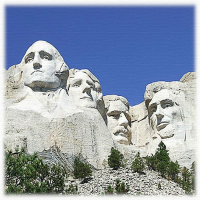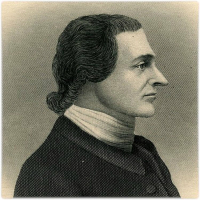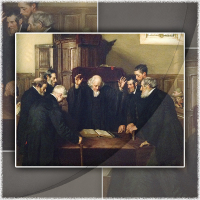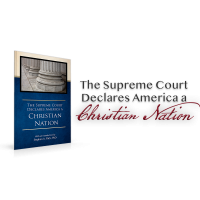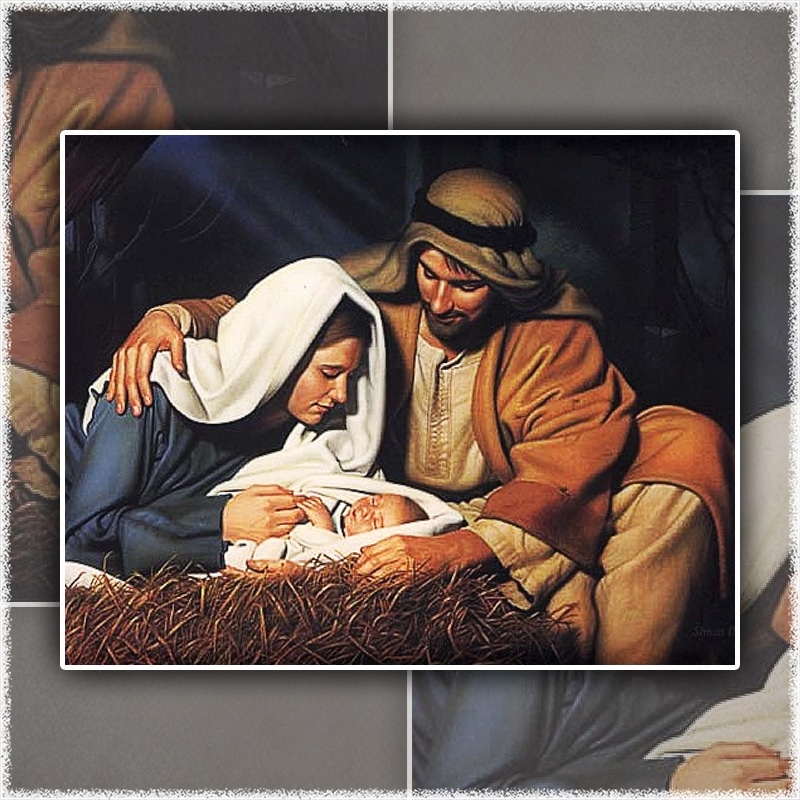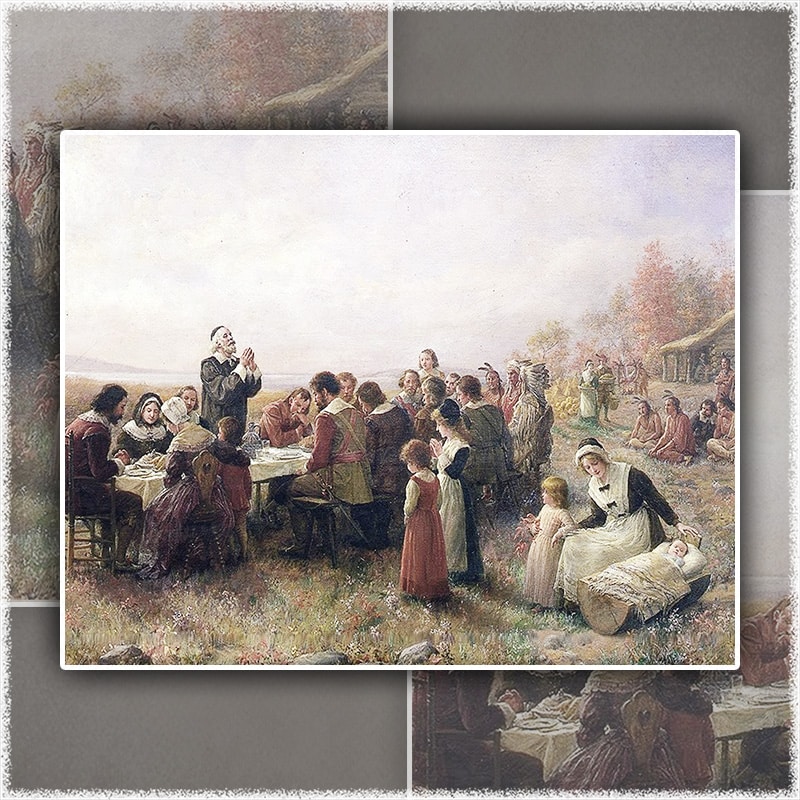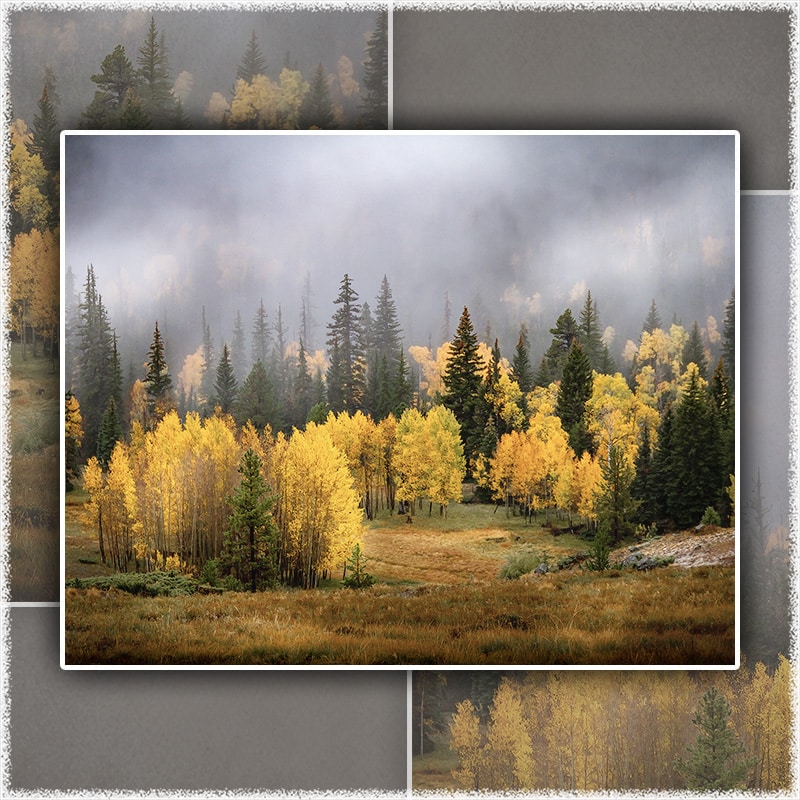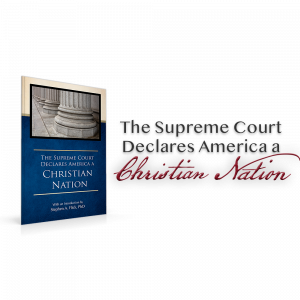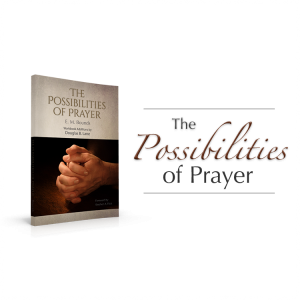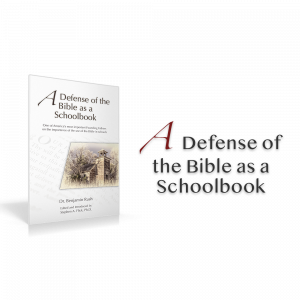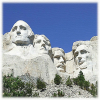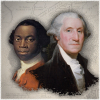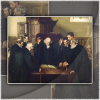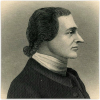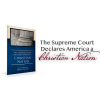November 16, 1778: Congressional Chaplains Provide Thanksgiving Proclamation
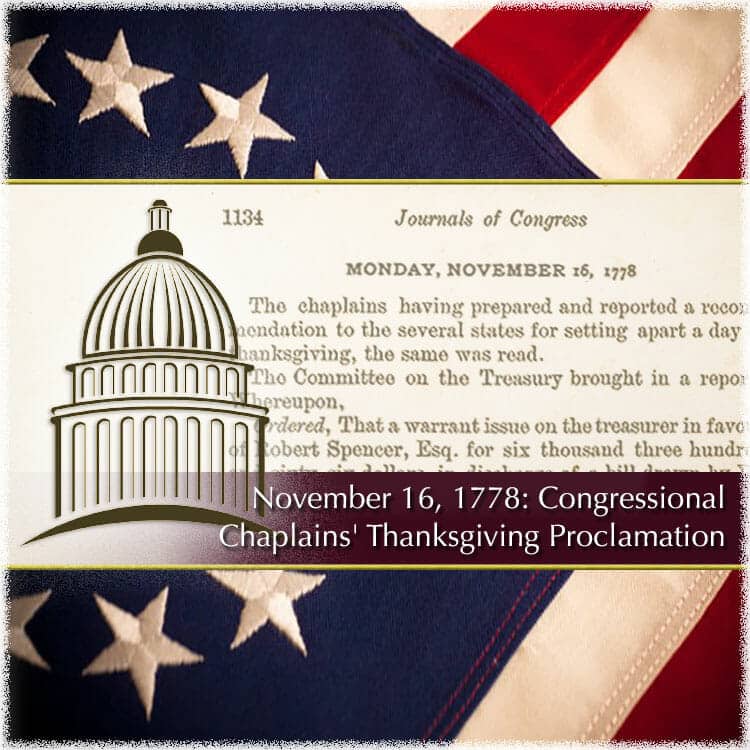
Throughout the American War of Independence, Congress issued sixteen spiritual proclamations to the states. Generally, these proclamations requested each state to set aside a specific day for fasting, praying, giving thanks to God, or a combination of these spiritual disciplines. Though the practice of issuing such proclamations was begun the same year the Second Continental Congress convened (1775), it was not until November 1, 1777 that the first "thanksgiving" proclamation was issued. The most common practice of Congress was to select a small number of representatives from within itself to compose fasting and prayer proclamations in the spring of each year, and thanksgiving proclamations in the fall. But, for its second thanksgiving proclamation in November 1778, Congress broke with its general practice of requesting its own members to compose a proclamation and posed the responsibility to its chaplains.Congressional Chaplains Provide Thanksgiving Proclamation
In the opening days of the First Continental Congress (1774), representatives meeting in Philadelphia, Pennsylvania selected a pastor from the city, Rev. Jacob Duche, as its first chaplain. Rev. Duche was the pastor of the Anglican Christ Church, which became known as the "Nation's Church" because of the critical role it played in helping birth America as an independent nation.
The subject addressed in this article is discussed at greater length in When Congress Asked America to Fast, Pray, and Give Thanks to God. Christian Heritage Fellowship would be honored to work with individuals, businesses, churches, institutions, or organizations to help communicate the truth concerning the positive influence of the Christian faith by providing bulk pricing: Please contact us here... To purchase a limited quantity of this publication, please click: Purchase here...
Article Contents
Henry Laurens President of Congress
On July 23, 1778, Congress resumed business at the Pennsylvania State House in Philadelphia after fleeing from the city following General Washington's loss of the Battle of Bradywine Creek in September 1777. Taking up temporary residence at the Court House in York, Pennsylvania, Congress issued two spiritual proclamations from York. The first was issued by Congress on November 1, 1777 and was the first "Thanksgiving" proclamation. It had been issued following the surrender of British General Burgoyne's army in October 1777. A year later in November 1778 Congress—having returned to Philadelphia—issued its second proclamation calling for "a day of general thanksgiving throughout the United States."
Henry Laurens, serving from November 1, 1777 to December 9, 1778 as President of Congress, presided over the delegates when the recommendation was made to Congress to set apart a day of thanksgiving for the States to observe. This was the third and last spiritual proclamation issued by Congress while Laurens held the presidency. It may be noted that Henry Laurens was one of the Americans who helped to negotiate the Treaty of Paris that brought an end to the American War of Independence.
Committee Composes Proclamation
In 1774, the First Continental Congress called upon Rev. Duche as its chaplain, but his relationship to Congress was short-lived. By September 1777, the British had captured Philadelphia where Congress had been seated, and Rev. Duche was arrested for having supported the rebellion against King George. On October 8, 1777, Rev. Duche penned a letter to George Washington—who was encamped not far away at Valley Forge—begging him to lay down his arms and negotiate with the British. For having written this letter, Duche quickly descended from hero of the Revolution to traitor and was convicted of treason by the State of Pennsylvania. One week prior to Duche's letter to Washington, Congress had appointed Rev. Dr. William White—Duche's successor at Christ Church—and Rev. George Duffield, pastor of the Third Presbyterian Church of Philadelphia, as chaplains to Congress.[1] Following the Revolution, Dr. White became one of America's greatest advocates for the cause of Christ.
Above all other proclamations, the proclamation of Monday, November 16, 1778 is most puzzling. Unlike most other spiritual proclamations from Congress, this proclamation is completely lacking in details. Other than the expectations that the chaplains of Congress will compose a thanksgiving proclamation for December 30, 1778, little more may be discerned by the Journals of Congress. From all appearances, the chaplains responded with a written form of the proclamation, but it was not recorded in the Journals, as the brief entries presented below disclose.
SATURDAY, NOVEMBER 7, 1778
Ordered, That the chaplains of Congress be directed to prepare and report a recommendation to the several states, for setting apart the 30th day of December next, as a day of general thanksgiving throughout the United States.[2]
This proclamation does not appear in the Journals of Congress. The entire entry is summarized in one sentence.
MONDAY, NOVEMBER 16, 1778
The chaplains having prepared and reported a recommendation to the several states for setting apart a day of thanksgiving, the same was read.[3]
While the Journals of Congress record few details about this second thanksgiving proclamation, American history records far more. For more than a year prior to the composition of this proclamation, William White had been a chaplain to Congress, but his influence was to extend well beyond the confines of Congress and his own local parish. Following the War of Independence, many Founding Fathers were concerned about the way in which the republican principles upon which America was founded would be perpetuated. They concluded that as long as the principles of the Bible were advocated, the American Republic would stand. For this reason, they gave themselves to means which perpetuated the Bible, and the specific instruments to do this, they concluded, was through Bible societies and Sunday schools.
On November 10, 1808, Robert Ralston, a prominent merchant and philanthropist in Philadelphia wrote a letter to a friend in England, Josiah Roberts, expressing his desire to start a Bible Society in America. Mr. Ralston did not have long to wait. On December 12, 1808, the first formal meeting of the Bible Society of Philadelphia was convened, selecting Bishop William White—chaplain of Congress—as the first president and Dr. Benjamin Rush as the first vice president. In 1840, this first Bible society in America renamed itself to the Pennsylvania Bible Society. By 1809, at least seven new Bible societies had been formed, including New York, Connecticut, Massachusetts, Maine and New Jersey, and by 1816, at least 130 Bible societies were organized in twenty-four states or territories—fifteen of which were “women’s” societies.[4]
The year after Congress convened for the first time under the new Constitution (1789), a group of prominent Christians convened a meeting that helped to ensure that the Christian principles that birthed America would be given to succeeding generations of Americans. On December 19, 1790, Rev. White, Dr. Benjamin Rush (signer of the Declaration of Independence), and other prominent Christians gathered in Philadelphia, Pennsylvania “for the purpose of taking into consideration the establishment of Sunday Schools in this city.” The day after Christmas, on December 26, the gathering adjourned following the adoption of a constitution for their newly formed society. Less than two weeks later, on January 11, 1791, they reconvened to continue their efforts. Officers were elected and the organization of the society was finalized. The name given to their society, though lengthy, was descriptive of their efforts: “Society for the Institution and Support of First-day or Sunday Schools in the City of Philadelphia,” and was composed of different evangelical Christian denominations. Dr. White was selected as the first president of the society, and through the dedicated efforts of many committed believers, the society began to flourish. And, by 1824, the movement had grown into a national effort known as the American Sunday School Union.[5]
While the Journals of Congress fail to provide a written record of the second thanksgiving proclamation of Congress, history amply affords insight into the evangelical efforts of one of the chaplains who composed it. And, while we may question specific content, we are not afforded opportunity of speculation concerning its character.
America deserves to know its true heritage.
Please contribute today!
[1] Journals of the Continental Congress, 1774-1789, 34 vols. (Washington, D.C.: Government Printing Office, 1904-1937), 8:756.
[2] Journals of the Continental Congress, 12:1110.
[3] Journals of the Continental Congress, 12:1135.
[4] To read more, please see, https://christianheritagefellowship.com/founding-fathers-begin-bible-societies/.
[5] For more information on this important movement, please see https://christianheritagefellowship.com/sunday-school-preserves-american-republic/.

